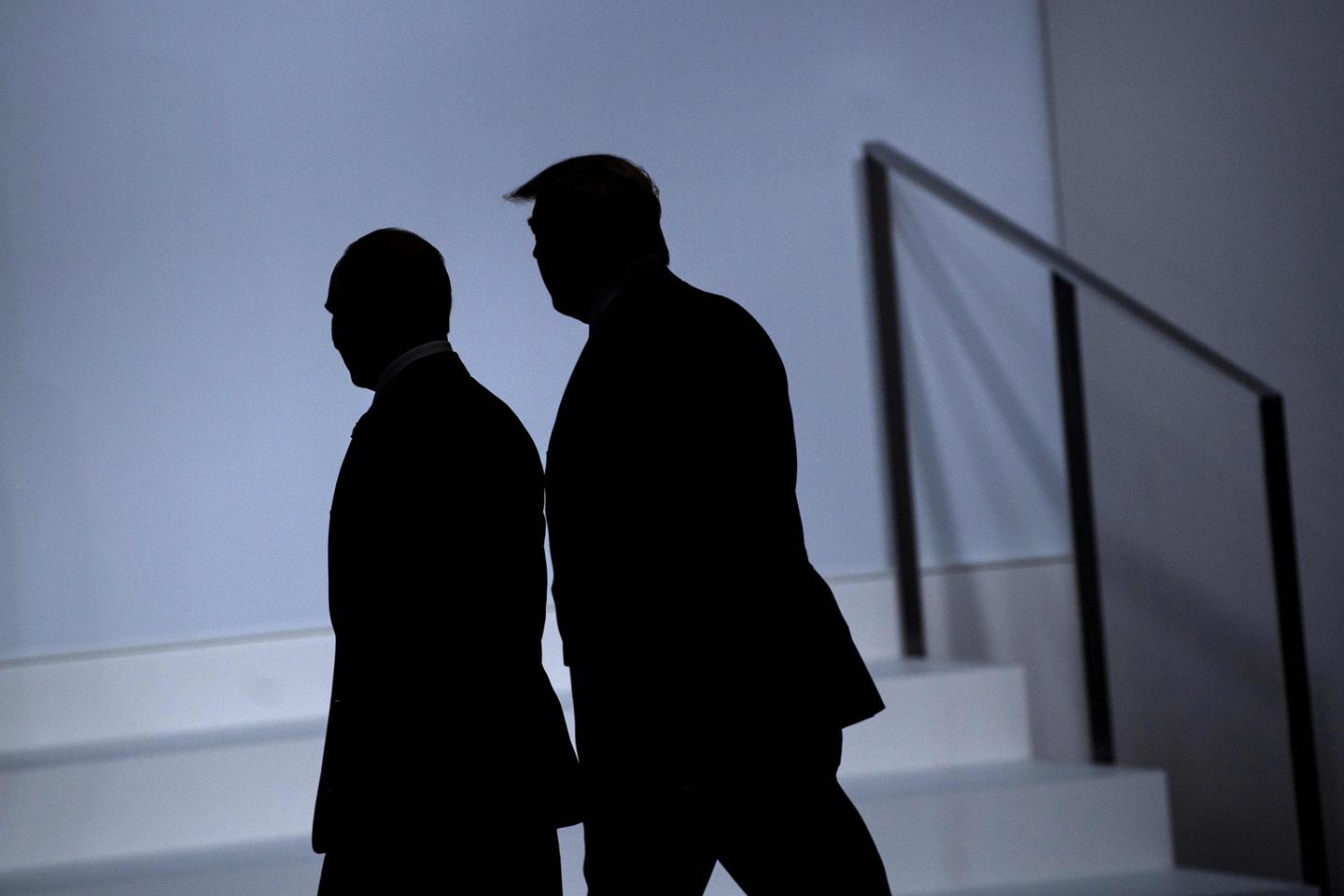


The sound is missing, but the footage speaks for itself: On Sunday, December 10, on the sidelines of Argentine President Javier Milei's inauguration ceremony, two European leaders were filmed in a corner of the Chamber of Deputies, engaged in a visibly agitated discussion. They were in Buenos Aires, but it was the future of Europe that was at stake.
Ukrainian President Volodymyr Zelensky had a tense face and an almost imploring gaze. He pled his case energetically but desperately. Leaning against the wall, Hungarian Prime Minister Viktor Orban explained his points with hand gestures, but showed no emotion. To the naked eye, he was standing his ground.
Zelensky has described this conversation as being "very direct." He traveled two days for it. It was a matter of life and death for him. His country has been at war for almost two years to repel the Russian invaders, and is in very bad shape. His army is short of men and ammunition. Missiles rain down on Ukrainian cities. The political situation is tense, and dissensions are appearing. And, above all, Western support is waning. That's why this was a matter of life and death: This support is vital for Ukraine.
Yet, at the end of 2023, the tide is turning in Western democracies. In Washington, where Zelensky will continue his advocacy, the polls strongly support the possibility of Donald Trump returning to the White House in 13 months' time. With the wind in their sails, Republicans are blocking the $60 billion in aid to Ukraine that President Joe Biden wants to vote through. The joke on Capitol Hill is that it's no longer the "Grand Old Party," it's the "Grand Orban Party," such is the convergence between the Republican Party's objectives and those of Orban.
Playing into the Kremlin's hands
What does Orban want? The billions of euros in subsidies frozen by the European Commission on account of his infringements of the rule of law – on which, incidentally, he has received partial satisfaction. That's not all, however. The Hungarian plan goes even further. Orban wants to stop the war in Ukraine at a point in time when Russia is in a position of strength. He is the only European leader to have shaken hands with Vladimir Putin since the latter's arrest warrant for war crimes; and his foreign minister, Peter Szijjarto, holds regular talks with his Russian counterpart, Sergei Lavrov. Orban accuses Brussels of behaving like Moscow did in the days of the USSR, but he never stops playing into the Kremlin's hands. His detractors suspect him of wanting to paralyze the European Union.
You have 55% of this article left to read. The rest is for subscribers only.
